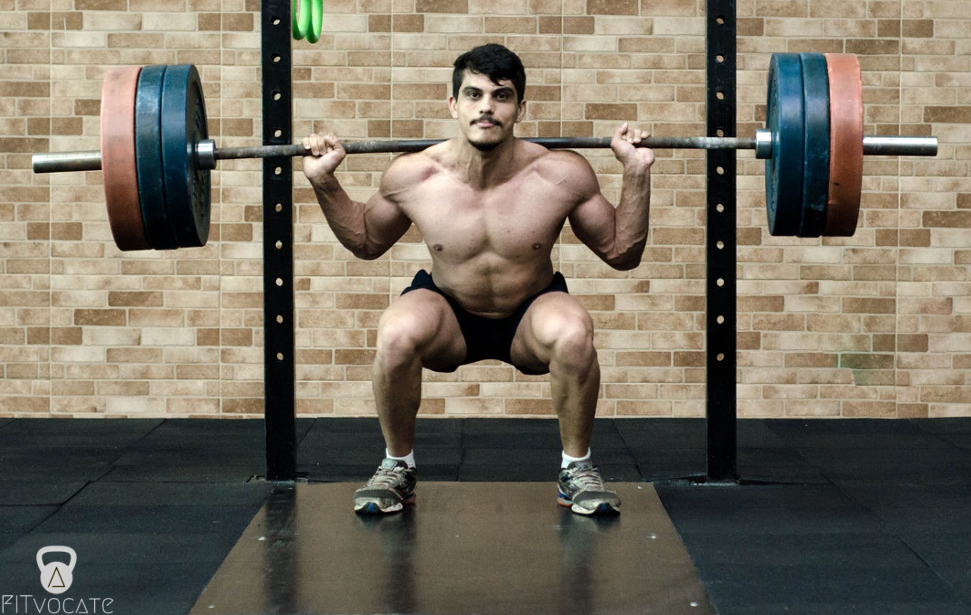
Of course it is obvious that heavier weight will take longer to exercise with, but have you ever considered why? To simply say because it is heavier is like saying it hurts more to eat a Ghost Pepper than a Jalapeno because it is spicier; well yeah it’s spicier but not knowing why it is spicier leaves you in the dark and being in the dark is a weakness. Here at Fitvocate we’re all about destroying weaknesses, so let’s destroy this weakness and break out some engineering talk!
The foundation of this question can be broken down into two terms, effort and duration.
- Effort can be defined as the amount of work required to complete any given task.
- Work is a combination of force (what causes objects to move) and displacement (distance object moved).
- Duration is the time required to execute any given task.
Let’s Set Up A Scenario:
You’re performing Dead Lifts. If you assume that it takes you 30 seconds to perform a set (Remember, a set is one instance of performing a prescribed number of reps - ex: 5 sets of 12 reps), then the duration would be 30 seconds. So now we need to focus on the effort. What separates moving heavy weight from light weight? Aside from the amount of factors that are involved when it comes to moving heavier weights; these factors are present regardless of the weight you are lifting, however, with more weight being moved the more noticeable these factors become. These include the muscles required to perform the task, and the initial energy required to move the weight.
Back to the physics, since you’re lifting the bar to the same height (displacement) when performing a dead lift, the only factor that is changing is the force required. This should be obvious because you can feel a difference between dead lifting 45 lbs vs. 225 lbs. So, now that we can remove displacement and duration from this consideration, all that is left is force. Force is a product of the mass (of object) and acceleration (required to cause movement), and since acceleration is a unit of time - herein lies our answer. If force is a product of mass and acceleration, and if the mechanical ability (Force) remains the same (you’re measuring for yourself the difference in number of reps that YOU can perform at a light weight vs a heavy weight), then as mass goes up and force remains constant then acceleration will have to go down as demonstrated below with common numbers.
- F = m * a
- 100 = 10 * 10
- 100 = 20 * 5
As acceleration goes down, then that can only mean that you are moving the weight more slowly. If you’re moving the weight at a slower rate then you will be able to perform more reps at a lighter weight vs. a heavier weight in the same duration of time.
So go forth and become the light to this darkness. Spread the word that our strength and ability can be defined simply as the Force we exert is equal to the Mass we are lifting times the rate at which we are lifting it. So, if you see someone struggling to lift a weight lean into their ear and say “You need more force” and walk away…your legacy will live on for ages. Good luck on your journey.
The foundation of this question can be broken down into two terms, effort and duration.
- Food For Thought
- Getting Started
- Muscle Size
- Weight Training

